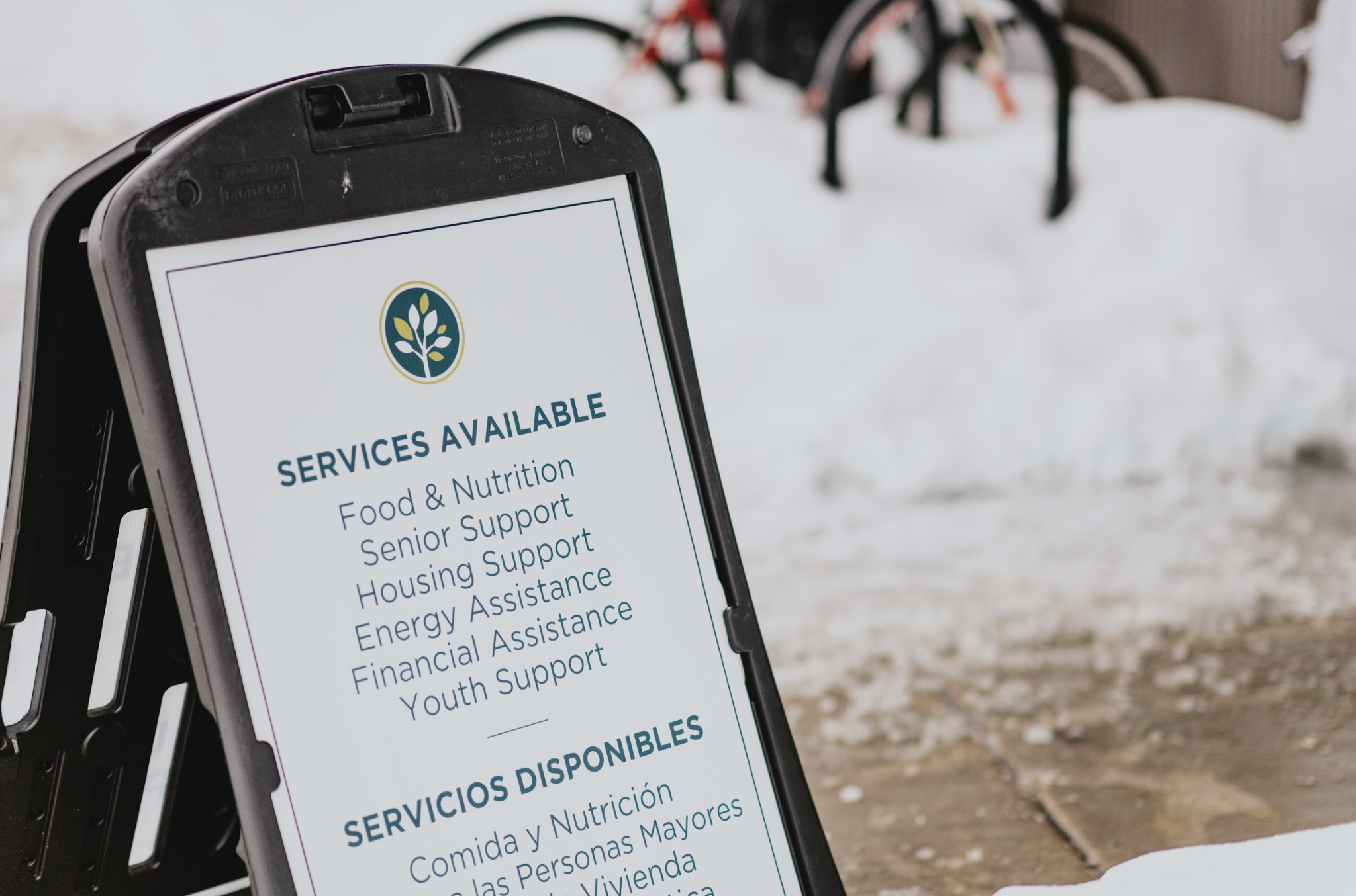
FEDERAL FUNDING UPDATES
It is important to note that our work “…doesn’t just respond to poverty—we are actively working to change the systems that cause it. Community Action doesn’t just support communities from the outside—it powers them. Economically. Systemically. Humanly.” – Beck S. Moore
What You Need to Know
Our Federally Funded Programming Is at Risk
Our work as an organization impacts the lives of more than 13,000 people across Gallatin, Meagher, and Park Counties each year, meaning about 1 in every 10 people in Southwest/Southcentral Montana. Federal funding represents about 46% of our annual revenue and is interwoven into our programming in various ways, meaning it touches nearly every one of those 13,000 lives.
Federal Funding Updates and Impacts
As national news circulates about potential interruptions to federal programs, we want to share clear and accurate information about what’s happening locally. This is where you can find a summary of HRDC’s key programs and how the current government shutdown or recent policy changes may affect our work and the people we serve.
What Happened?
On August 7, 2025, the Trump Administration issued an Executive Order on federal grant oversight which aims to enforce stricter regulations on private organizations who receive funding through federal agencies using grants. The main components of this order are: political appointee oversight, termination for convenience, use of simplified language, narrower funding, and less repeat funding.
What Does this Mean for Nonprofits?
The main concern for many organizations, including ours, has to do with the termination for convenience clause, which states that grant agreements can be terminated at any time if they are unaligned with “national interests” or pre-established agency priorities, which is to be determined by an appointed government official. We anticipate:
Increased scrutiny on new grant applications
Risk of sudden mid-grant cancellation
Erosion of trust in federal partnership
Favoring certain programs over others
What Will We Do Moving Forward?
Traditionally, organizations like HRDC have been held to extremely high standards of accountability, compliance, and long-term planning when entering into federal contracts and grant agreements. Yet now, the federal government itself has become an unreliable partner, reserving the right to abruptly change priorities and withdraw support.
This growing instability underscores our commitment to reduce reliance on federal funding where possible and instead strengthen partnerships at the state and local levels, and with private donors, to ensure that our mission-driven work can continue without disruption.






